Sunday Lectionary: You called, I answered
Since JP2 is now meeting again, I will be resuming my “Sunday Lectionary” posts for the coming week’s Sunday Mass Readings. I did begin one last week but I didn’t finish it in time :-(. So, from now on I’m limiting my writing time to two hours – I do tend to get a bit carried away…
3rd Sunday in Ordinary Time: 22nd January 2012
 Last week’s Readings focused on God’s call to us. In turn, this week’s Readings focus upon our response to Him.
Last week’s Readings focused on God’s call to us. In turn, this week’s Readings focus upon our response to Him.
In the First Reading we hear of how Jonah (eventually) responded to God’s call and then how the people of Nineveh responded to God through the message of His Prophet.
In the Gospel we hear Jesus’ message: repent and believe for the Kingdom is at hand. He calls four fishermen to come and follow him, simple men who, later when He is gone, will become great pillars in His Church.
Having before you many examples of sinners who repented and were saved, be you also earnest in confessing to the Lord, that you may receive pardon for past sins, be made worthy of the heavenly gift, and inherit the kingdom of heaven with all the saints -St. Cyril of Jerusalem (c. AD 386)











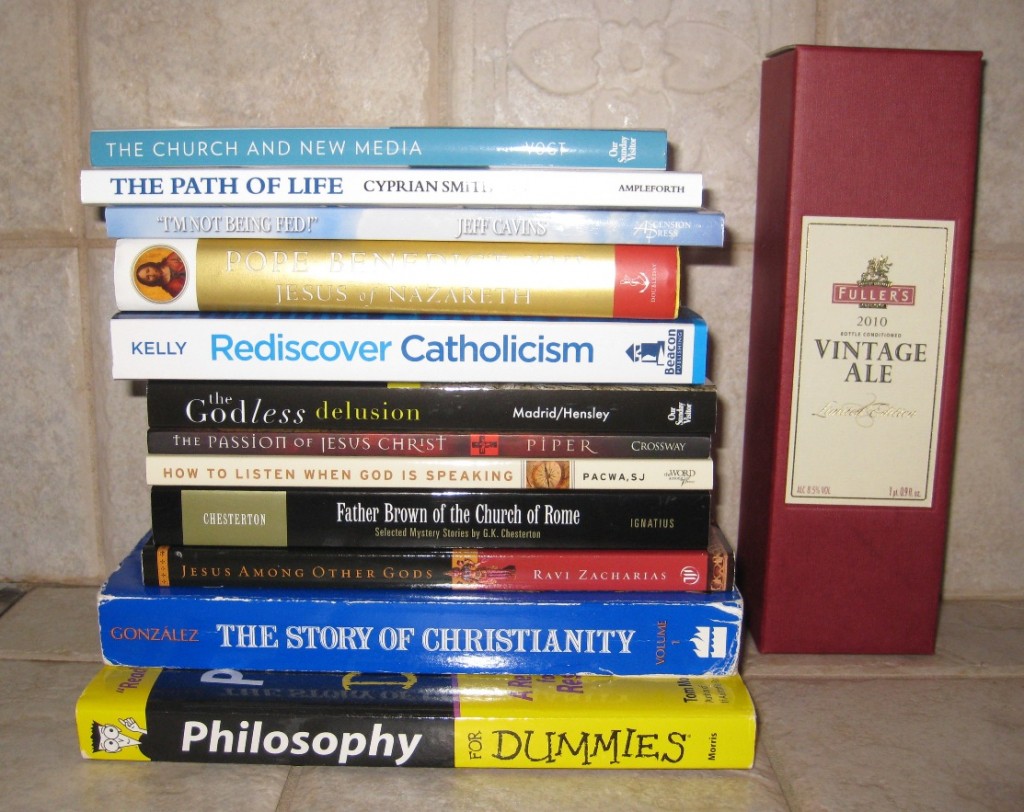

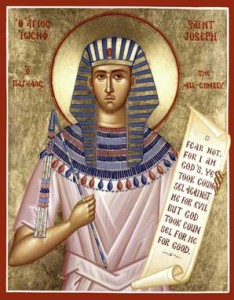
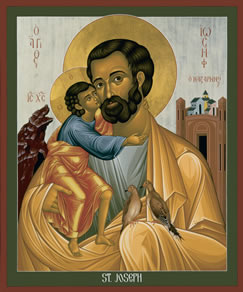
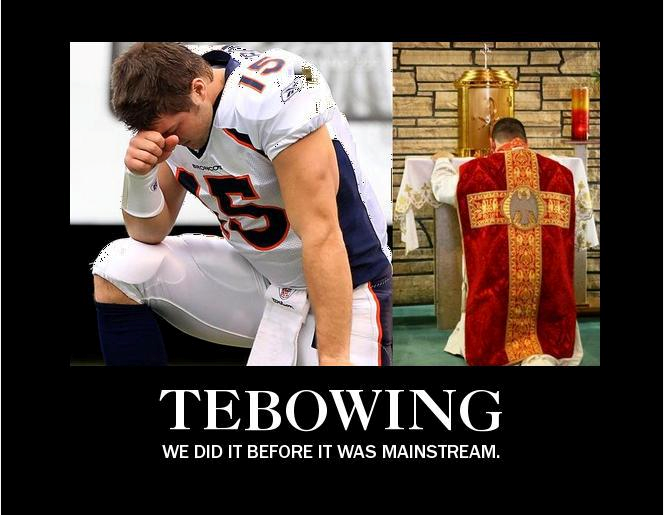
 In the
In the 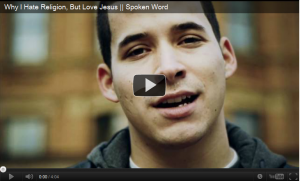 The following question is asked by the artist on the YouTube video
The following question is asked by the artist on the YouTube video